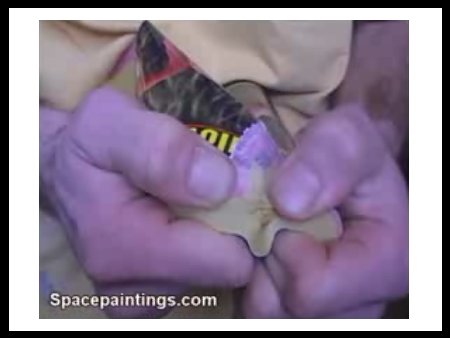RIP OF A PHONEBOOK

As the interested randform reader knows I like to report about popular experimentation trends in science (like e.g. this post about resonance rice or this post about cornstarch music (which is linking also to the famous diet coke experiments, whose popularity seems to be unstoppable)), here is a new trend, namely: ripping phone books in half.
In my last post I was mentioning that I would have liked to see more about the advances of material science in product design due to digital technlogies. The below video displays how e.g. the distribution of stress within a material has important influences on its stability.
I didn’t try the experiment by myself, since I do not like to tear things apart in general, so I can’t confirm that the experiment is not a hoax. However at a first glance it looks convincing, since the pinch in the middle basically seems to isolate each single page, so that you are tearing apart one page after the other and not all at the same time. The number of similar phonebook experiments on youtube is not really a representative sample size, however they are all showing the same and well in principle there are enough phonebooks in the world to repeat this experiment and to confirm the experimental result.
So if you want to get rid of your old phonebook because everything is online anyways – here is the:
-> a random example of a scientific investigation on the stability of materials.
->a very nice link which should initiate further trends: physikshow bonn with youtube videos (where this is my favorite..:)) (Tim’s favorite) reminding me of my physics study experiments (e.g. throwing natrium into a river which looks like firework on water – very dangerous! do not repeat). Last not least a good method to ruin a lab is to put sweet marshmallows into a vacuum bell jar.